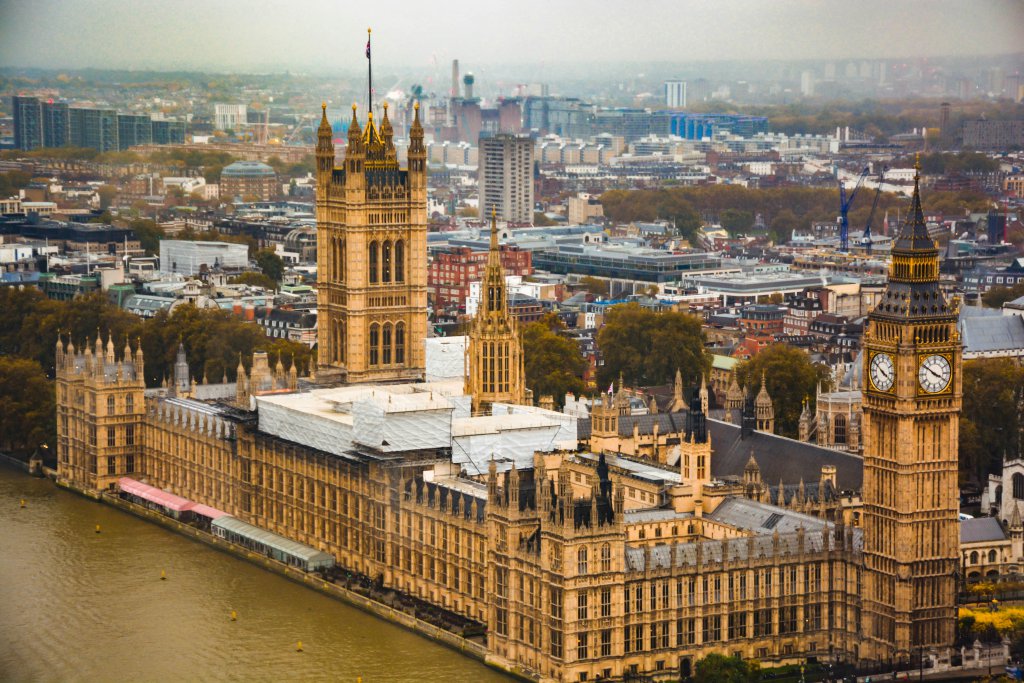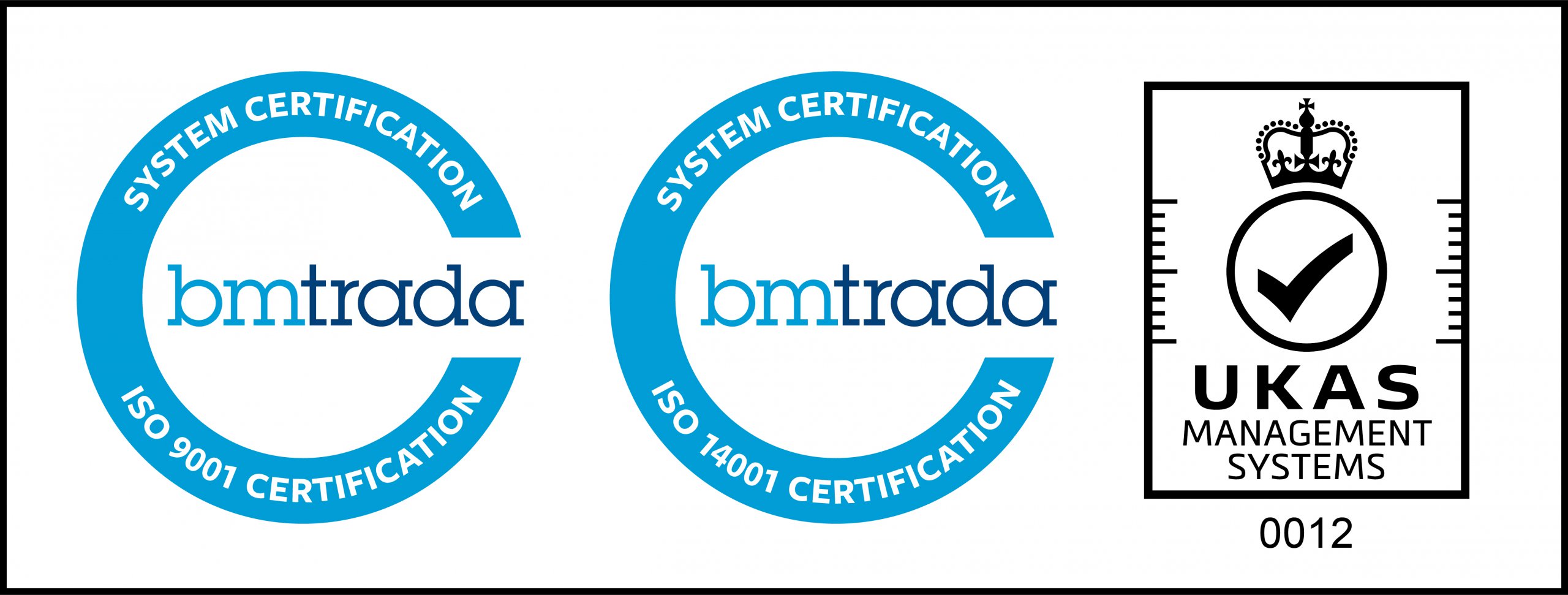On 10th March Defra launched a consultation into five legally binding principles that aim to “guide Ministers and policy-makers towards opportunities to prevent environmental damage and enhance the environment, where relevant and appropriate.”
The principles are internationally recognised as successful benchmarks for both environmental protection and enhancement. Where relevant and when making policy Ministers will need to consider the following principles:
An Integration Principle
Policy-makers should look for opportunities to embed environmental protection in other fields of policy that have impacts on the environment. This principle applies to all policy with an environmental impact considering unintended consequences which could be reduced, minimised, or entirely avoided through alterations to the policy.
A Prevention Principle
Government policy should aim to prevent, reduce or mitigate environmental harm. The prevention principle is most effective when considered at an early stage before environmental harm has occurred and should be used in preference to the use of rectification at source or the polluter pays principle.
Rectification at Source
This principle means that if damage to the environment cannot be prevented it should be tackled at its origin to avoid remedying effects at a later date. Rectification at source should result in approaches that are, in the long-run, more equitable, cost-effective, and efficient.
The Polluter Pays Principle
Under the polluter pays principle those who cause pollution or damage to the environment should be responsible for mitigation or compensation. Applying this principle will incentivise individuals/groups to use sustainable practice and avoid causing environmental damage.
The Precautionary Principle
This principle assists decision-making when there is a lack of scientific certainty and aims to help policy-makers deal with risks that may not be precisely calculatable in advance. It applies when there are threats of serious or irreversible damage to the environment and lack of scientific certainty and likelihood of the environmental damage.
The draft policy statement does not aim to dictate but empower Ministers, and others working on their behalf, to be creative and use the environmental principles in innovative ways to protect and enhance the environment whilst continuing to support economic growth.
You can view the consultation on the Draft Policy Statement on Environmental Principles here.

















